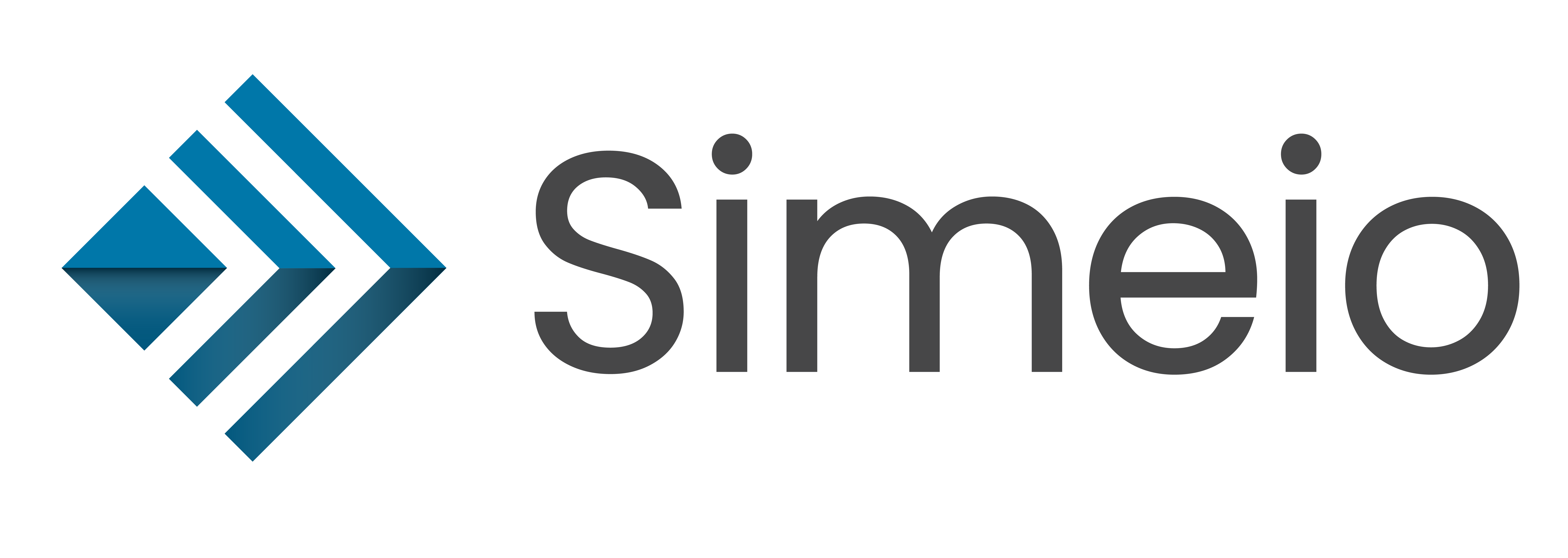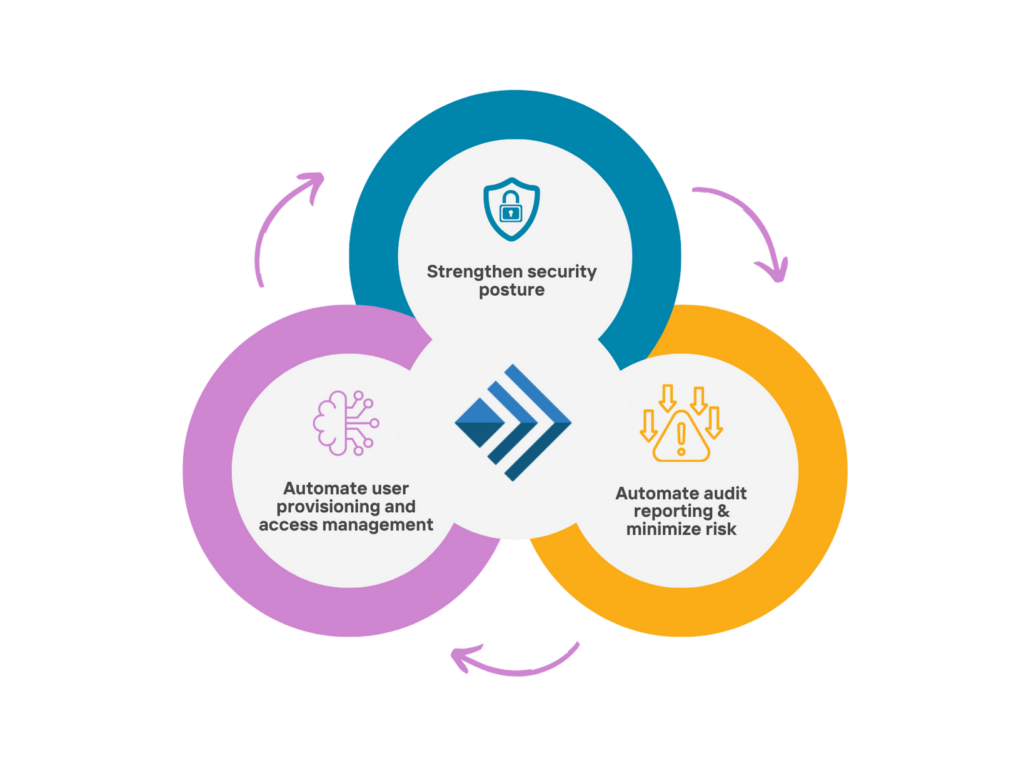
In today’s fast-paced digital landscape, securing patient records and sensitive data in the healthcare sector has become paramount. Identity and Access Management (IAM) services are pivotal in addressing this challenge. By ensuring that only authorized personnel can access patient information, IAM mitigates the risk of unauthorized access and data breaches. Readers must understand the significance of protecting patient records. As such, they must familiarize themselves with IAM. Keep this in mind as we delve into this comprehensive guide to IAM implementation in the healthcare sector.
The Foundation of IAM Services in Healthcare
IAM encompasses three fundamental components: access management, identity management, and privileged access management. Access management focuses on granting or denying user access to specific resources based on their roles and responsibilities. In contrast, identity management involves managing user identities throughout their lifecycle to maintain accurate and up-to-date information. Privileged access management secures accounts with elevated privileges, minimizing the risk of unauthorized access and misuse. In the healthcare context, granting appropriate access rights to users is vital to ensure they can perform their job functions effectively without compromising patient data.
Protecting Patient Records with Identity and Access Management Services
IAM also plays a critical role in securing access to patient records, ensuring that only authorized users, such as doctors, nurses, and administrative staff, can view and modify sensitive data. Access control mechanisms, such as robust authentication methods and encryption, protect patient information from malicious actors and unauthorized users. To implement IAM effectively in healthcare, organizations must consider critical elements of an IAM solution, such as user provisioning and deprovisioning processes, strong authentication measures, access control policies, and regular security audits. Automating access management processes streamlines workflows while enhancing security. Choosing the right IAM tool is equally crucial, with factors such as integration capabilities, compliance with industry regulations, scalability, and user-friendliness playing a significant role in the decision-making process.
Strengthening IAM with Authentication and Zero Trust
Enhancing IAM with authentication techniques like multi-factor authentication (MFA) or multi-factor authentication (MMFA) adds an extra layer of security, reducing the risk of unauthorized access due to compromised credentials. Implementing the Zero Trust approach further enhances healthcare security by treating every access request suspiciously, regardless of the user’s location or device. This approach ensures that users must continuously verify their identities, reducing the risk of data breaches even for authenticated users. These advanced authentication methods protect against potential security attacks in the healthcare sector, where patient data is highly valuable.
Identity Governance and Access Governance in Healthcare
Identity governance and access governance are vital components of IAM that focus on managing and governing user identities, access rights, and privileges. Robust governance practices ensure user access remains compliant and aligned with organizational policies. Identity governance involves defining user roles, assigning appropriate access rights, and implementing policies for identity-related tasks such as user onboarding and offboarding. Access governance, on the other hand, focuses on continuous monitoring and auditing of user access to detect any unauthorized or abnormal activities. By combining identity governance and access governance, healthcare organizations can maintain a strong security posture and efficiently manage user access rights across their systems and applications.
The Future of Identity and Services in the Digital Health Era
As the healthcare sector becomes increasingly digital, the concept of digital identity gains significance. Digital identity refers to the unique digital representation of an individual’s identity, encompassing various attributes and credentials. In the digital health era, digital identities become crucial for secure access to telemedicine services, electronic health records (EHRs), and other digital health platforms. Identity orchestration solutions play a pivotal role in this context by streamlining user access management across various digital platforms, thus ensuring secure and seamless access to healthcare services. Furthermore, IAM solutions will continue to prioritize user experience, ensuring that authorized personnel can access patient data efficiently without compromising security. The user-friendly interface and streamlined authentication processes in IAM systems improve productivity and user satisfaction among healthcare professionals.
The Role of Enterprise Identity and Access Management Services in Advancing Healthcare Security
Enterprise IAM solutions are tailored to the unique needs of large healthcare organizations. These solutions support complex access management requirements while maintaining high levels of security and compliance. A complex healthcare ecosystem contains numerous interconnected systems, applications, and user groups. Enterprise IAM maintains a centralized and comprehensive view of user identities and access rights. IAM systems with robust role management capabilities ensure that users only access what they need. By granting appropriate access based on roles and responsibilities, the organization stays safe. Additionally, enterprise IAM solutions’ advanced reporting and auditing features provide further safeguards. These solutions allow healthcare organizations to monitor access activities effectively and detect suspicious behavior in real-time. By adopting enterprise IAM solutions, healthcare organizations can strengthen their security posture, enhance regulatory compliance, and efficiently manage user access across the organization.
The Importance of Identity and Access Management Services in Healthcare
IAM services are indispensable for securing patient records and sensitive data. Through intelligent implementation, healthcare organizations can confidently protect patient data from unauthorized access and data breaches. Implementing IAM program is urgently needed in today’s healthcare landscape. The consequences of a data breach are not only financial and legal. They also have a profound impact on patient trust and the organization’s reputation. Adopting IAM solutions, leveraging advanced authentication techniques, and embracing access control and secure access principles. These steps allow healthcare organizations to ensure the utmost protection of patient information. The healthcare sector continues to embrace digital transformation. Therefore, Simeio will remain a key enabler of secure and seamless access to healthcare services in the future.
Discover the transformative power of IAM in healthcare. Strengthen security, optimize operations, and protect patient data with Simeio’s top-tier IAM solutions. Talk to an Identity Advisor today and embrace a secure healthcare ecosystem with complete IAM capabilities.

